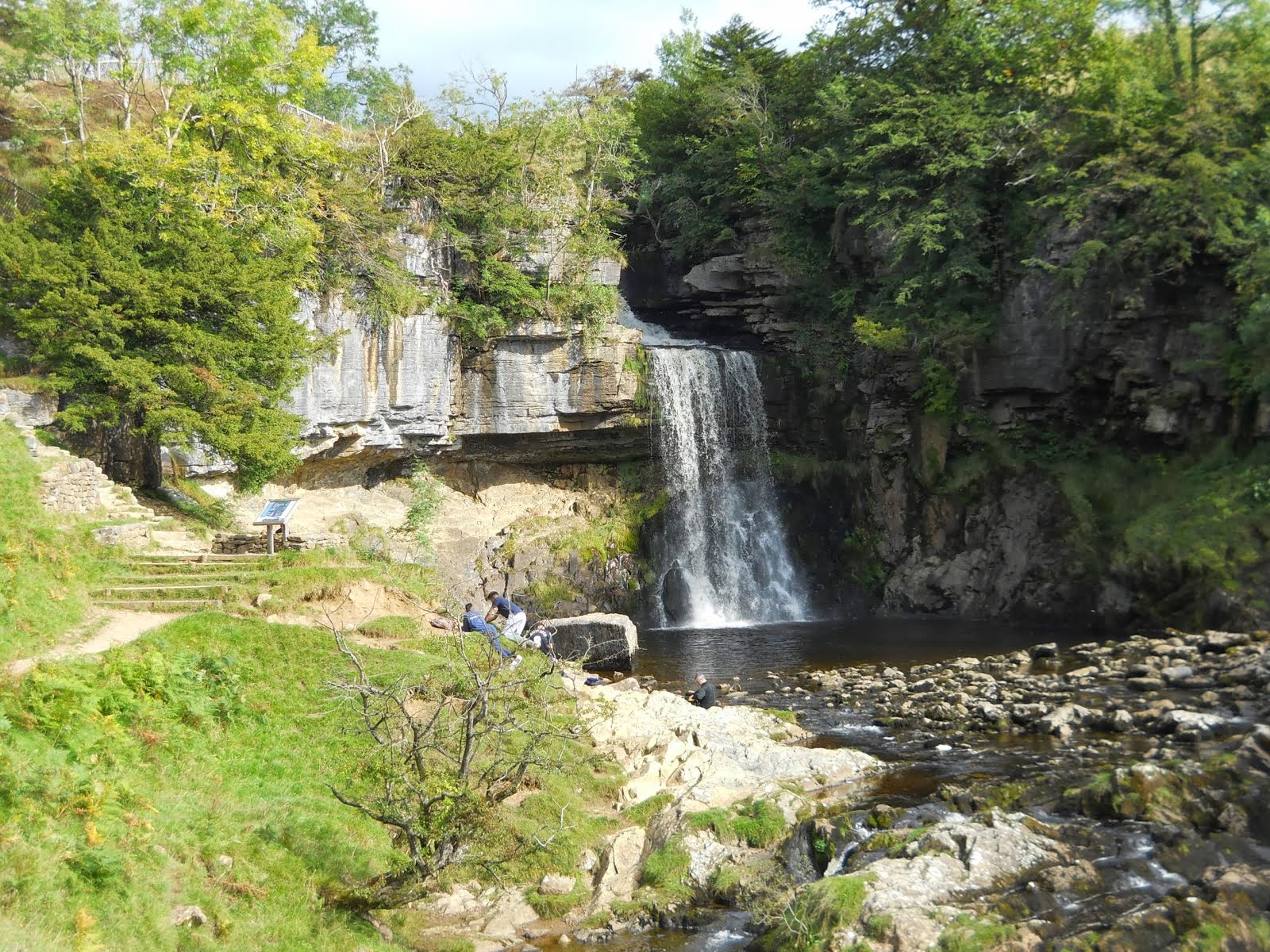 On Saturday 28 March 2009 at 8.30pm, people, businesses and iconic buildings around the world will switch off their lights for an hour – WWF's Earth Hour.
On Saturday 28 March 2009 at 8.30pm, people, businesses and iconic buildings around the world will switch off their lights for an hour – WWF's Earth Hour.To find out more watch this clip:
Or you can click this link
So why are you still switched on?
The world at your finger tips through the Geography department at Hulme.
 On Saturday 28 March 2009 at 8.30pm, people, businesses and iconic buildings around the world will switch off their lights for an hour – WWF's Earth Hour.
On Saturday 28 March 2009 at 8.30pm, people, businesses and iconic buildings around the world will switch off their lights for an hour – WWF's Earth Hour. A major hydro-electric dam project in Ethiopia will help provide the region with much-needed energy and income, but could have serious implications for tribes living in the area.
A major hydro-electric dam project in Ethiopia will help provide the region with much-needed energy and income, but could have serious implications for tribes living in the area.To find out more click this link.
It is 20 years since the Exxon Valdez supertanker ran aground in Alaska, spilling 38,000 tonnes of crude oil into the sheltered waters of a picturesque sound. It wasn't the biggest oil spill recorded but it was, arguably, the most iconic.

What lessons have we learnt from this oil disaster? To find out read this article on the BBC


Read London's Evening Standard to get a local perspective.
Brake - the road safety charity are big fans and give case studies of where the schemes are already in operation.

Goce will give scientists new insights into how the interior of the planet is structured and how the oceans move. Researchers will also use the satellite's data to frame a universal system to measure height anywhere on Earth.
For information about Goce click this link.



